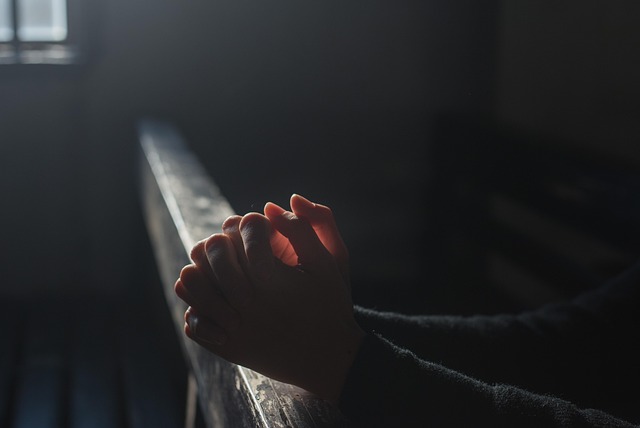The Power of Prayer: Nurturing Morality Through Faith
In today’s fast-paced world, where moral and ethical dilemmas are commonplace, the power of prayer emerges as a beacon of hope, guiding individuals towards a more righteous path. Whether one is deeply religious or simply acknowledges a higher power, the act of prayer can serve as a vital tool for introspection and moral alignment.
Religion, in its myriad forms, emphasizes the importance of prayer. It acts as a conduit for believers to connect with the divine, seek guidance, and find clarity within the chaos of daily life. For many, prayer is not just a ritual but a fundamental aspect of their spiritual existence. It offers a moment of stillness, a chance to reflect on one’s actions, and to cultivate compassion and empathy—traits that are essential for moral growth.
When we pray, we often reflect on our values and the ethical implications of our choices. It becomes a moment of honesty with oneself, allowing us to confront the moral challenges we face. This dialogue, whether spoken aloud or held silently in our hearts, nurtures a sense of moral responsibility. As we seek guidance through prayer, we open our minds to the lessons imparted by our faith, fostering a deeper understanding of right and wrong.
Moreover, prayer encourages a sense of community. Religious gatherings often center around collective prayer, allowing individuals to come together for a common cause. This not only strengthens personal beliefs but also reinforces a shared moral framework, promoting ethical behavior within a community. When people pray together, they create an environment where accountability flourishes. They inspire one another to uphold high moral standards, nurturing a culture where kindness and integrity are paramount.
In a world rife with temptation and moral ambiguity, the practice of prayer can guide individuals to transcend their instincts for selfishness. Many theologies emphasize the importance of selflessness as a tenet of faith, and prayer acts as a reminder to prioritize the welfare of others. It challenges us to step outside of our personal desires and consider the impact of our actions on the greater community.
Furthermore, the act of praying instills a sense of hope and resilience. Faith encourages individuals to believe in something greater than themselves. This connection can provide comfort during times of moral distress, reminding us that we are not alone in our struggles. Through prayer, we can seek strength to make ethical decisions, even in challenging circumstances, fostering a sense of determination to adhere to our moral principles.
Ultimately, the intersection of prayer and morality shapes our character and influences how we interact with the world. By nurturing our spiritual lives, we lay the foundation for a more ethical existence. Engaging in regular prayer fuels our desire to be better individuals, to act justly, and to foster goodness in the lives of those around us. In cultivating a heartfelt prayer practice, we transform our intentions into actions, leading to a more compassionate and morally conscious society.




